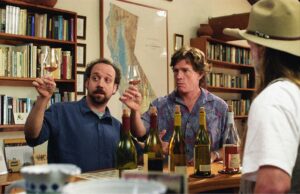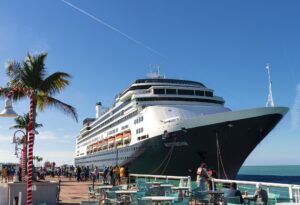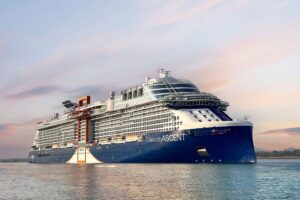Most Enjoyable Cultural Experiences in the Maldives
18th October 2021
6 min. read
2236

The Maldives is a destination of dreams. Tourists from all over come here to relish the island nation’s unmatched beauty, both above the ground and below the water.
Situated in the middle of the ocean, The Maldives is also renowned for its private resorts. The country’s “one island, one resort” formula works brilliantly. It creates secluded retreats where couples and families can escape from the hustle of everyday lives.
Adding charm and convenience to a holiday in the Maldives is the seamlessness with which their tourism industry works. Travelers can book everything from their accommodation and seaplane or boat transfer to excursions through their resort. As a result, it’s possible to have a completely cashless vacation in the Maldives.
However, one mistake many travelers make in the Maldives is restricting themselves to the resorts. The inhabited islands of the archipelago are equally fascinating destinations. More importantly, they are an excellent budget-friendly stay option, having several locally-owned guesthouses.
Furthermore, public islands allow visitors to immerse themselves in local traditions that highlight the history, culture, customs, and lifestyle of the Maldivian people.
So, whether you are staying on a private resort or visiting an inhabited island briefly, here are five of the most enjoyable cultural experiences in the Maldives everyone should have.
Eat and Drink at a Local Teashop
The local teashops on inhabited islands are home-based eateries with a modest yet welcoming character. While simple in their design, they are the best places to savor classic Maldivian cuisine.
Known locally as sai hotaa, you’ll find these often small and unassuming teashops near island harbors, in the streets of Malé, and near public beaches. On the menu here, besides tea and coffee, which the locals drink copiously, are hedhikaa.
Hedhikaa is Maldivian short eats, usually fried, that go rather well with a hot drink. The teashops typically have display cases filled with freshly made hedhikaa, enticing people to stop and eat.
Both savory and sweet, three of the must-have hedhikaa are gajiya – smoked tuna samosas, gulha – tuna and coconut balls, and kavaabu – rice cakes with fish and coconut.
For a genuine cultural experience in the Maldives, visit a sai hotaa either early morning or later in the evening. Mornings are when you’ll catch fishermen having their breakfast before heading out into the sea. Evenings are more relaxed as residents visit teashops to mingle and talk about sports, politics, and everything else under the sun.
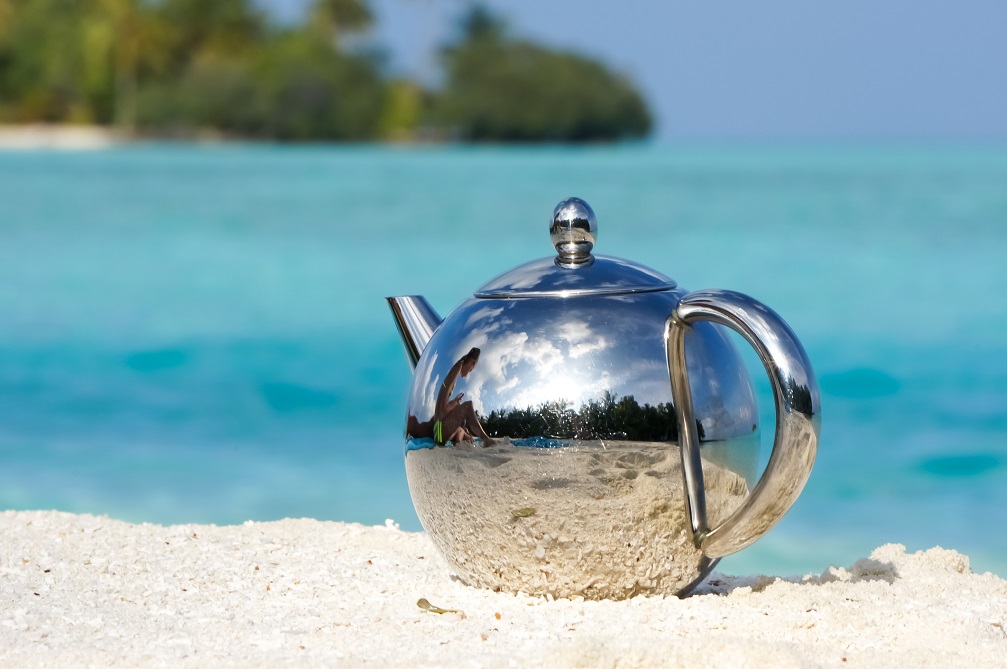
Take a Public Ferry
One of the best and leisurely places to interact with locals in the Maldives is a public ferry. While you can take the boat from Malé Airport to the city, it doesn’t provide the same cultural experience as a ferry to a nearby island.
On a public ferry, you’ll find people from all walks of life. Some use the ferry to carry heavy goods. Others prefer it because ferries are the cheapest mode of transport in the Maldives.
It’s important to remember that ferries are much slower than speedboats, and delays due to weather conditions are normal. Moreover, public boats do not sail on Fridays, and it is not possible to pre-book a seat on a ferry.
Still, ferries are a laidback travel option that comes with the opportunity to occasionally witness marine life such as dolphins, rays, and sharks without having to pay anything extra.
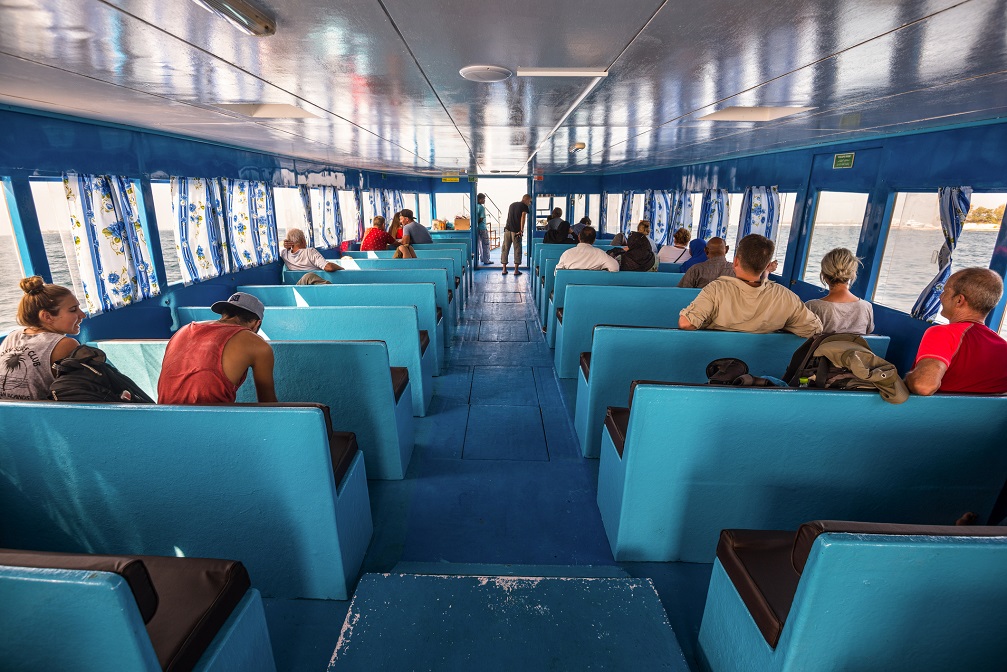
Dance the Bodu Beru
Bodu Beru is a much-loved and practised music and dance performance across the islands. While reserved for special occasions on public islands, many resorts have bodu beru recitals as part of their cultural enlightenment program for resident guests.
Dating back to the 11th-century, many believe that bodu beru takes inspiration from African drum music. In the Maldives, several musicians and dancers dressed in a white shirt and a feyli – black and white sarong, participate in Bodu Beru celebrations. On the resorts, the performers usually encourage guests to join in on the festivities.
An engaging cultural experience in the Maldives, bodu beru is as much about appreciating dance and music as it is about acknowledging the country’s heritage. At the core of Bodu Beru are folktale recitals and songs that speak of heroism, which give insight into the age-old beliefs and customs of the islands.
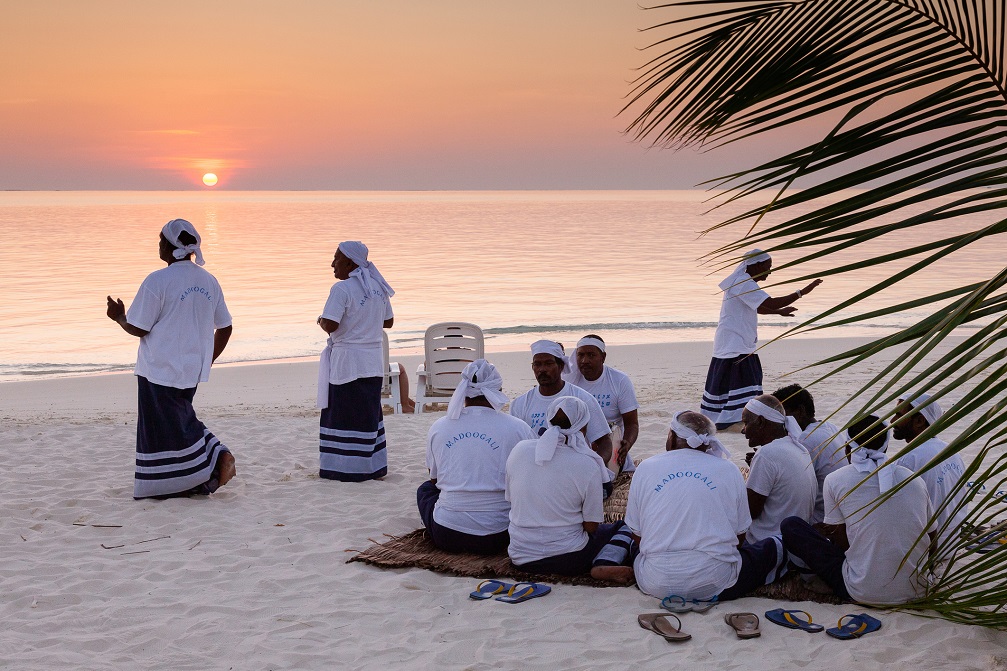
Go Fishing
Besides tourism, fishing is the biggest revenue generator in the Maldives. Heavily invested in the fishing export industry, locals also fish for everyday food consumption.
Tourists visiting the island nation can partake in several different forms of fishing. Most resorts and guesthouses can arrange big game fishing expeditions in the open waters of the Indian Ocean.
A popular option on inhabited islands for beginners is night fishing. The two-hour excursion includes heading out to a fishing spot near the island. Once there, you can participate in line and bait fishing, which requires a little bit of patience, but no other skill set. The best part of the trip is the barbeque at the end, where the crew cooks whatever you’ve caught.
For a more authentic cultural experience in the Maldives, try and go fishing with a local fisherman. Your guesthouse can possibly arrange a trip. Otherwise, head to the harbor in the morning and ask the fishermen if you can tag along.
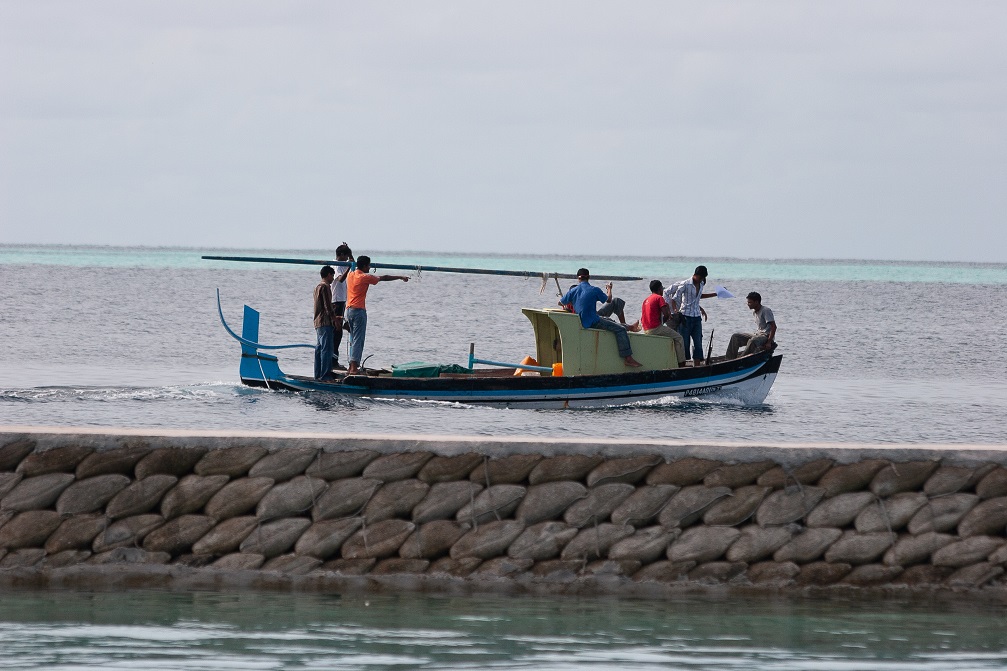
Learn to make local handicrafts
To truly understand a country’s culture, one must invest time in learning more about its handicrafts. The origins of these hand-made artifacts, as well as the materials and instruments used, say a lot about the artisanal ethos of the region.
Across the Maldives, coconut, for example, is a very versatile fruit. From being an integral part of Maldivian cuisine to its use in making souvenirs, the humble coconut is everywhere.
Therefore, a lesson in wood-crafting is an excellent chance for the entire family to collectively gain knowledge about handicrafts in the Maldives.
Tourists looking for something unique should visit an island’s shipbuilding yard. It is here that locals make and repair dhonis. Dhoni is a traditional Maldivian wooden boat used primarily by fishers.
You can always walk to the shipyard and see the artisans at work. However, ask your guesthouse to arrange for a proper tour to get a better insight into the art of boat making.
Lastly, visiting local artisans, taking classes, and buying their products is a great idea to help support the local economy directly.
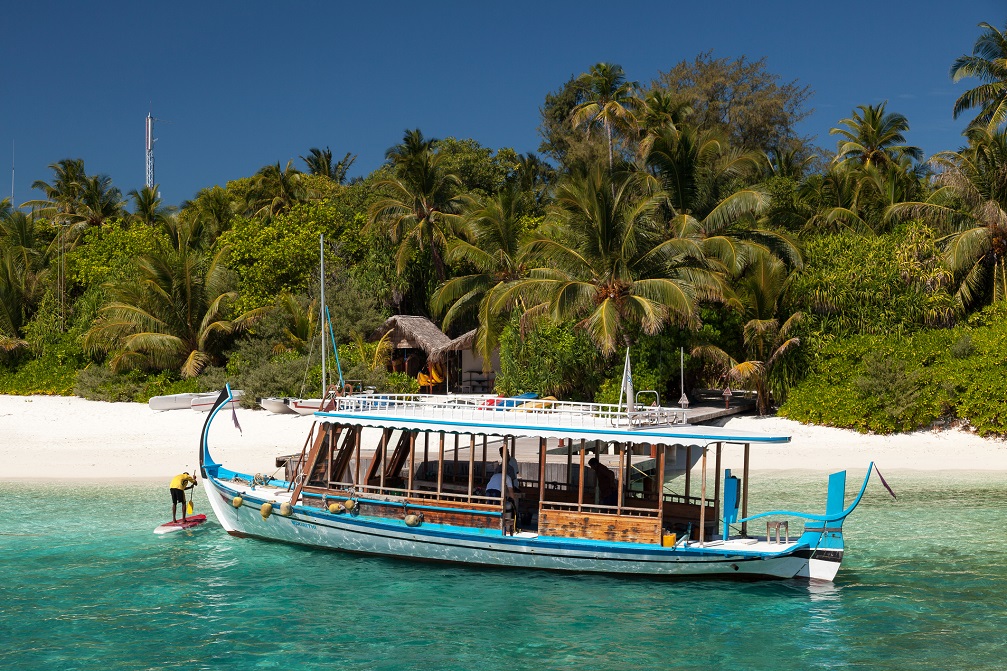

Ian Robinson
Westhoughton, Bolton, Greater Manchester
Exclusive Travel Holidays
0161 327 1707
ian@exclusivetravel.holiday
Specialist Area:
Cruise, Weddings and Honeymoon, All Inclusive, City Breaks, Cycling, Diving and Snorkeling, Hiking, Safari
View ProfileRelated Articles
Related News
Related Offers
SIGN UP FOR OUR MAILING LIST
Enter your email address and receive daily or weekly updates with the latest articles, news and videos.Copyright © 2021 Experienced Travellers Ltd. Experienced Travellers Ltd is not responsible for the content of external sites. Read about our approach external linking.





